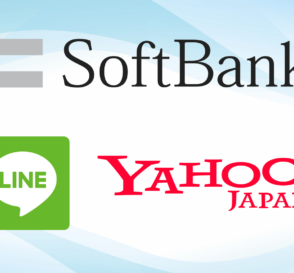Alphabet Incorporation’s Google faces a 177 million dollars penalty in South Korea for abusing smartphone dominance. The company allegedly hindered its competitors from developing a new Android operating system.
Regulators have accused Google (which owns over 80% of the global smartphone market) of misusing its bargaining capabilities to abuse the competition. According to the Korea Fair Trade Commission, Google used its AFA (anti-fragmentation agreements) with Samsung and LG to prevent the gadget developers from building new Android OS versions.
Authorities banned Google from pushing companies to sign anti-fragmentation agreements. Moreover, the watchdog ordered Google to edit its existing AFAs. Korea recently became the first nation to pass a regimen, forcing Google and Apple to open their app stores to third-party payment solutions.
It has started a potentially revolutionizing precedent for lucrative proceedings from India to the United States. According to the Korea Communications Commission, the country passed the bill on September 14th. With the 207.4 billion dollars win on Tuesday, Korea witnessed the highest fine paid over misuse of market dominance.
Google responded to the statement saying Android has alleviated innovation among Korean and global companies. It has also improved the user experience. So, Google has decided to appeal the decision. Google added that the decision by the Korea Fair Trade Commission ignores these perks and hinders the benefits enjoyed by users.
Currently, Google owns 81% of the smartphone market in Korea. The rest is held by iOS.
The recent development by the Korea Fair Trade Commission intends to promote competition by allowing companies to build new Android forks. Forks are variations/versions developed from the basic structure blocks but improved to bode well with the manufacturer’s intentions. In addition, it includes modifications like targeting different use cases or device classes without getting punished by Google.
Moreover, the Korea Fair Trade Commission is also investigating three cases about Google. The cases revolve around facilitating restrictions in the play store, advertisement, and in-app purchases.




